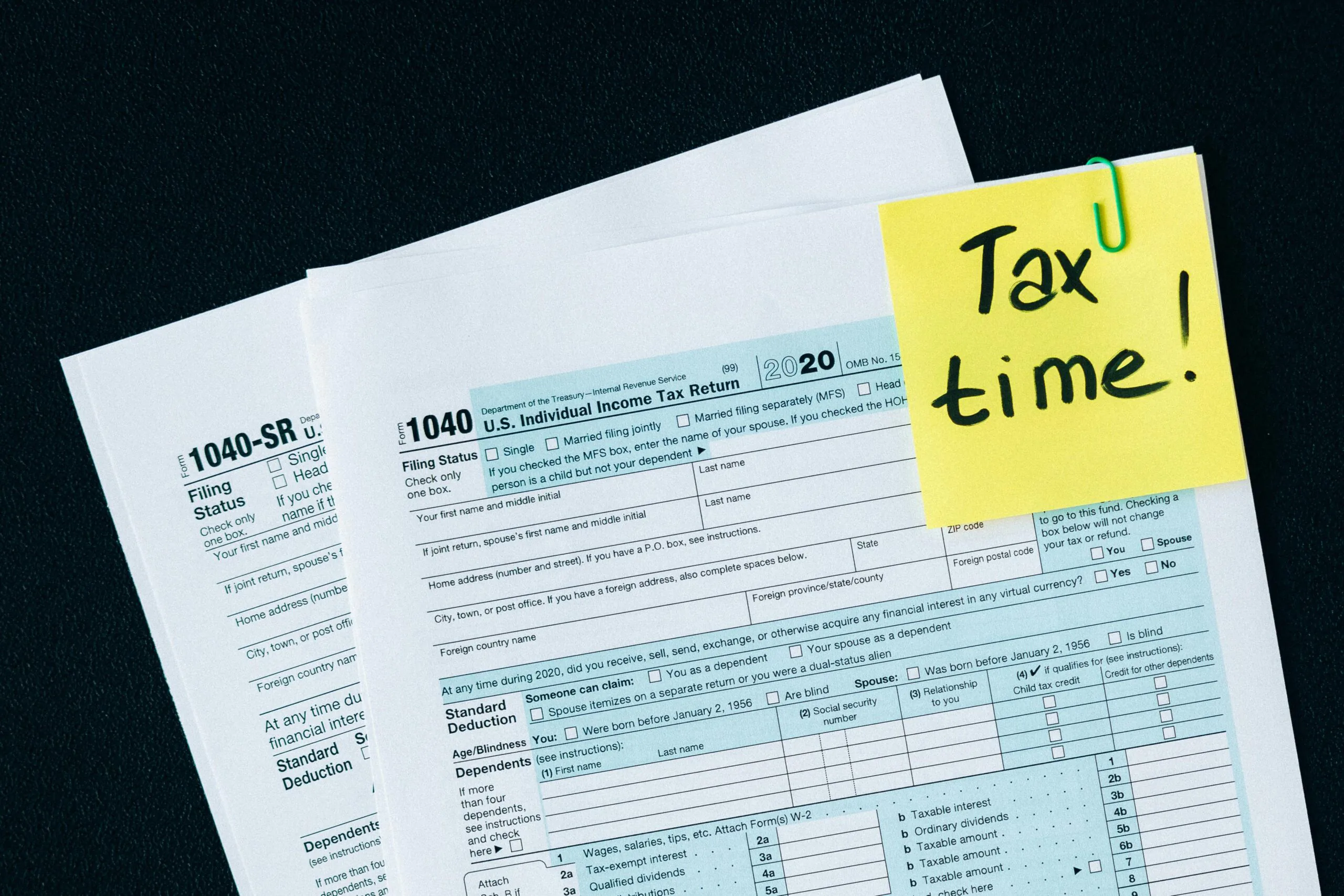Homeownership comes with some pretty big tax deductions, including these six:
Mortgage interest
The amount of interest you pay on your home loan yearly
Property tax
You can deduct up to $10,000 combined from your property taxes and state and local income taxes
Home office
To claim a home office tax break, use the standard home office deduction, which is based on $5 per square foot used for business, up to 300 square feet!
Energy credits
There are two types of tax credits for home energy improvements – the residential clean energy credit and the energy efficient home improvement credit
Interest from equity loans
Interest from a home equity loan or a line of credit is deductible only if the loan is used to buy, build, or make substantial improvements to your home*
Home improvement cost basis
Your gain is calculated by the difference between your sale price for the home and any capital improvements (less any tax credits). The higher the basis, the less of a gain there is to tax you on
Every homeowner’s tax position is different, and these are all general suggestions. We recommend you consult your accountant for all tax liabilities and information
According to the IRS, interest on a home equity line of credit can be deductible as a second mortgage in certain circumstances.
“For tax years 2018 through 2025, a deduction is not allowed for home equity indebtedness interest. However, an interest deduction for home equity indebtedness may be available for tax years before 2018 and tax years after 2025. Interest paid on home equity loans and lines of credit in tax years before 2018 and tax years after 2025 is only deductible when you use the proceeds to buy, build or substantially improve your home that secures the loan.”
For example, for qualifying years, interest on a home equity loan used to build an addition to an existing home would be deductible, while interest on the same loan used to pay personal living expenses, such as credit card debts, would not be deductible. For qualifying years, the loan must be secured by the taxpayer’s main home or second home (known as a qualified residence), not exceed the cost of the home and meet other requirements.
If you are looking for a way to lower your taxes, a tax appeal is a great opportunity to have the town re-evaluate their homes assessed value, potentially lowering the taxes on your home! We recommend this if you are planning to stay in your home long-term. If this is a short-term investment you might want the towns assessed value to remain as high as possible to support a higher asking price on your home. But then again, buyers do love low taxes! Tax appeals (typically) happen in February, so consult your town’s tax assessors website for more information. We’ve helped numerous clients appeal their homes taxes, give us a call today if you need a market analysis completed to help fight your homes tax value, or look into each town’s tax appeals website for more information.
Fairfield, CT tax assessment appeals website



